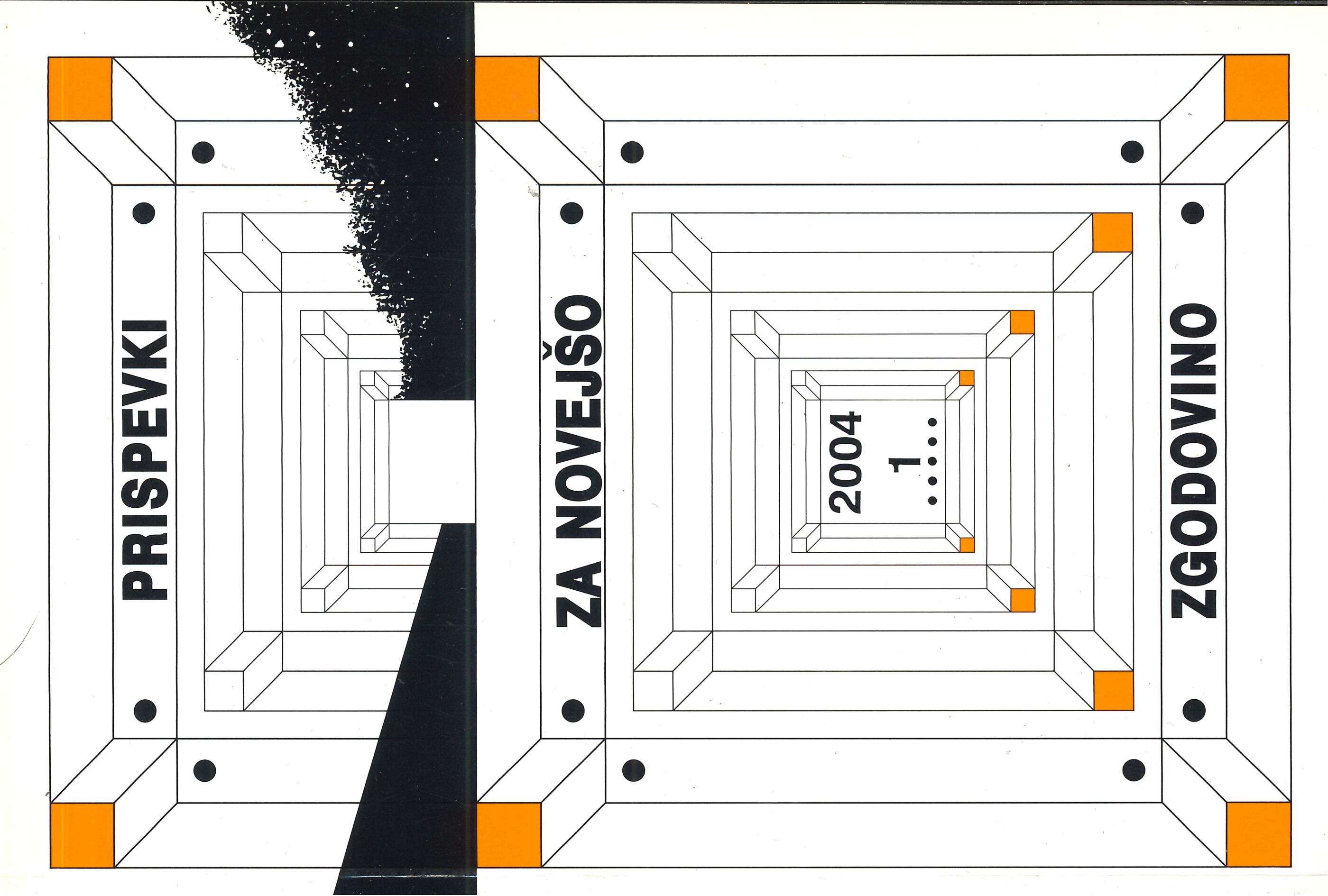Some Peculiarities in the Elections in the Kingdom of Yugoslavia in the 1930s
Keywords:
Kingdom of Yugoslavia, elections, politics, the National AssemblyAbstract
The paper deals with some peculiarities surrounding the elections and the pre-electoral activities in different political camps in the 1930s in the Slovene part of the Kingdom of Yugoslavia. From the electoral viewpoint the above period saw a step backwards in already democratically questionable electoral standards in the 1920s. Government pressure on the voters, especially by demanding loyalty from civil servants, an electoral law full of restrictions regarding political assembly and running in the elections, and, most of all, the absence of a secret ballot, gave the elections more the character of affirming the ruling regime rather than a lever of political democracy. The political culture of the pre-electoral struggle preserved the elements of government violence in the pre-electoral events from the 1920s. However, these were on a smaller scale in Dravska banovina than in other parts of the kingdom. The development of the electoral legislation, which saw the greatest change with regards to the general reorganization of the state in the beginning of 1930s, reduced the democraticity of certain political rights to political assembly (by banning the parties on religious, ethnic and similar basis) and to a secret ballot.
Downloads
Published
Issue
Section
License
Authors who publish with this journal agree to the following terms:
- Authors retain copyright and grant the journal right of first publication with the work simultaneously licensed under a Creative Commons Attribution License that allows others to share the work with an acknowledgement of the work's authorship and initial publication in this journal.
- Authors are able to enter into separate, additional contractual arrangements for the non-exclusive distribution of the journal's published version of the work (e.g., post it to an institutional repository or publish it in a book), with an acknowledgement of its initial publication in this journal.
- Authors are permitted and encouraged to post their work online (e.g., in institutional repositories or on their website) prior to and during the submission process, as it can lead to productive exchanges, as well as earlier and greater citation of published work (See The Effect of Open Access).


